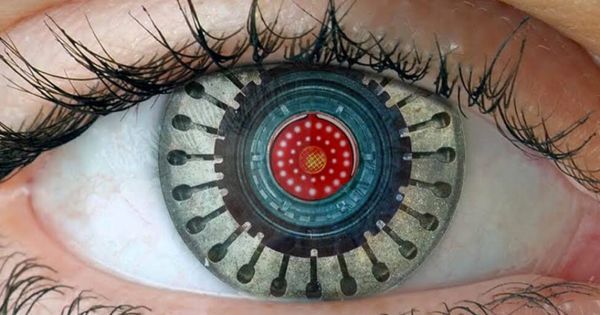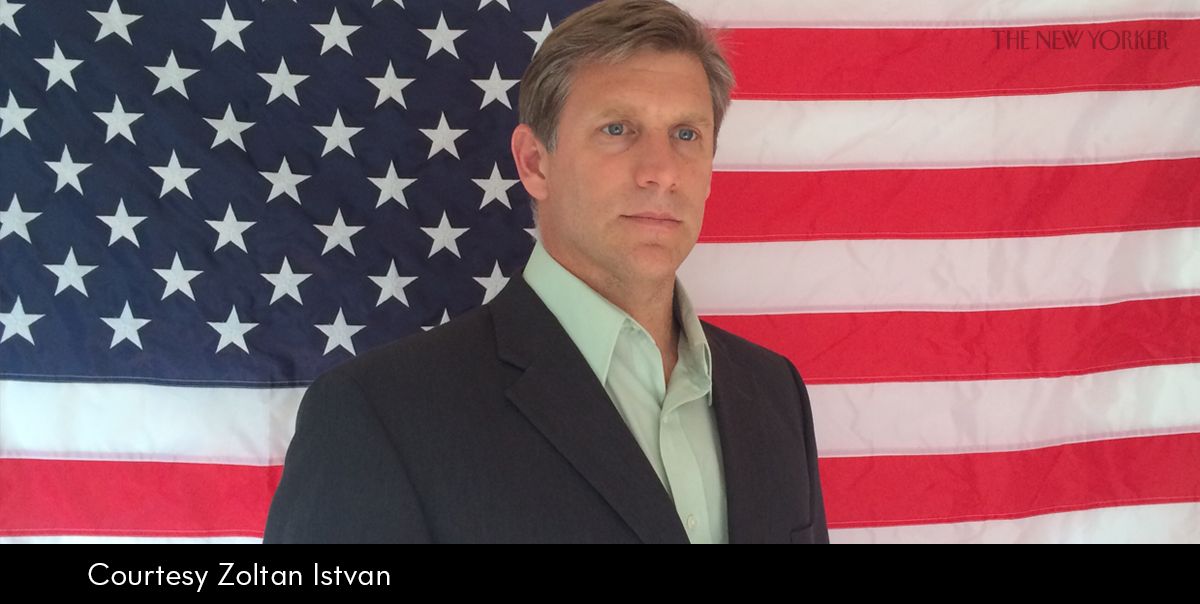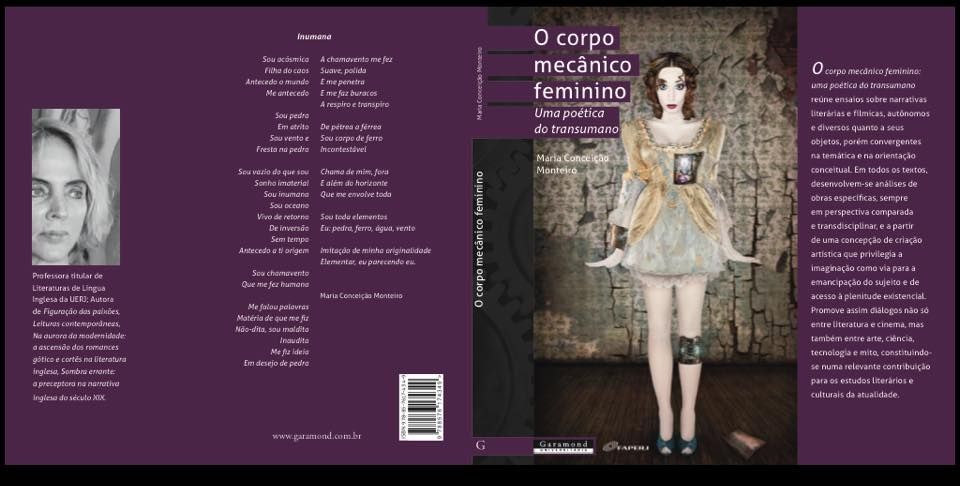Come “ask me anything” right now!!! I’m trying to answer all questions I get asked:
Hi Reddit,
Thank you for having me here. My name is Zoltan Istvan, and I’m a futurist, journalist, and science fiction writer. I’m also the 2016 Presidential candidate for the Transhumanist Party.
For the last 725 days, I have been campaigning full time to spread transhumanism and life extension policies across America and the world. While I never expected to win the US Presidency, my campaign has received a lot of attention—both good and bad—for its emphasis on radical science, technology, secularism, and futurist ideas.
During my campaign, I’ve spoken on transhumanism at the World Bank, consulted with the US Navy on artificial intelligence, got a chip implanted in my hand, interviewed with underground group Anonymous, and drove a coffin-shaped bus called the Immortality Bus across America to deliver a Transhumanist Bill of Rights to the US Capitol. My 20-point political platform has many futurist policies in it, but some of the most important ones are supporting a Universal Basic Income, classifying aging as a disease, legalizing all drugs, creating a Transhumanist Olympics, and taking money from the military and giving it to science.
Read more








